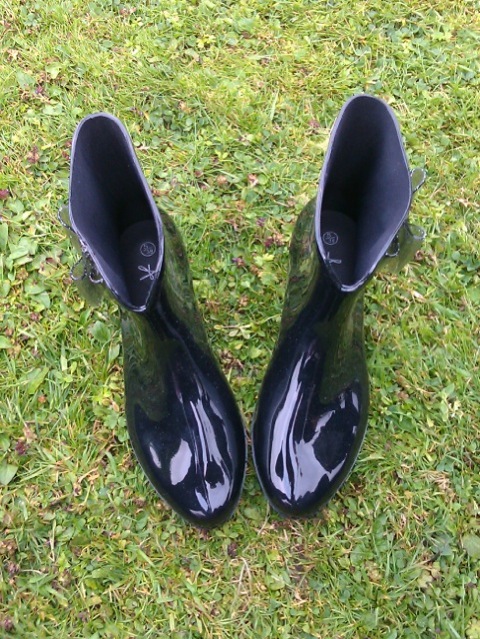|
What is The Alexander Technique?
The Alexander Technique is not a therapy but a means of health education.
F
M Alexander made certain unique discoveries and observations
about health and well-being, devising a practical technique for
putting these findings into effect. The Technique is generally taught
on a one to one basis. Lessons involve the teacher using his/her hands
together with verbal instruction to guide the pupil towards
improved balance and co-ordination. By rediscovering the dynamic
relationship between the head, neck, back and limbs, a new
awareness and heightening of consciousness on all levels may be
achieved, together with an improvement in general well-being.
Lessons
do not consist of exercises, but involve exploring familiar
activities such as standing walking, sitting, speaking and
bending, etc. The Technique has proved beneficial for those with
back, neck and pelvic problems and also as a means of alleviating
the stresses and tension of modern life. Lessons usually last 30
to 40 minutes. Although some benefit may be obtained from taking
just a few lessons to maintain and develop the benefits for
oneself, a course of lessons spread over several months is
usually recommended.

What causes the problems?
Physical,
psychological and mental well-being is profoundly affected by the
way the body is used or misused. The Alexander Technique is concerned
with the way we use ourselves in all our activities. This may
range from domestic chores, office work, writing, driving martial
arts, yoga, tai chi, paying a sport or musical instrument, horse
riding, dancing, golf, aerobics, pilates, swimming, the list is
endless.
Bad posture and muscular tension can be the cause of many
common complaints such as backache, arthritis and mental stress.
Good balance, co-ordination and ease of movement seem natural in
healthy individuals - particularly so in small children or a
talented athlete (their chosen sport looks easy to perform). As
we grow, however, and have to deal with the various demands life
makes upon us, we can develop unstable patterns of movement. To
compensate our coping mechanisms create tightening and stiffening
throughout the organism. In turn, this results in over effort,
interfering with balance, breathing and ease of movement.
Ultimately, these may result in back pain, headaches, a stiff
neck, painful joints, voice and throat problems or general
fatigue.
The
Technique is not a relaxation method, but a way in which the
pupil will learn to release excess muscle tension and find a
better state of balance, mentally and physically. This can be
evident on many levels from coping with work and colleagues,
family and friends to the manner in which we deal with more
difficult periods which often cannot be avoided and are part of
being human.

About Frederick Mathias Alexander
F
M Alexander was born in Australia in 1869. He grew up in a small
village in Tasmania and left home at sixteen. Interested in music and
drama he eventually worked in Melbourne, reciting Shakespeare and
other dramatic pieces - a popular form of entertainment of that
time.
A persistent vocal problem led to Alexander seeking medical help and he was advised to rest.
Nevertheless, the problem persisted to such an extent that he realised that he must be doing
Something to create the trouble.
After
many years of self study Alexander devised a unique method of
working to avoid his own 'misuse'. It is this Technique which is
today still being taught throughout the world today and from
which many people benefit.
Sarah Davey is a qualified member of the Society of Teacher of the Alexander Technique.
Sarah : 01442 250712/mob 07850 142849
Email: sadalli4ever@gmail.com
Sarah @ www.yogamemore.co.uk

|
PRIVACY POLICY
No personal information about class members or clients electronically.
Health questionnaires and case histories are not taken stored or collected by email.
Printed health questionnaires and case histories are stored securely. No information about you is shared with any other
organisatio or the data
processed in any way.
Details
of any health condition, contact details and/or emergency contact
details are stored in printed form and held securely.
Any
information collected is required in order to make necessary
adjustments and modifications for an individual whether in class or
being treated on a one to one basis. Also, it may, on a very
rare occasion be necessary to contact someone in the case of a
medical/other emergency. You can request to have your questionnaire/any case history destroyed at any time.
|
|
|


